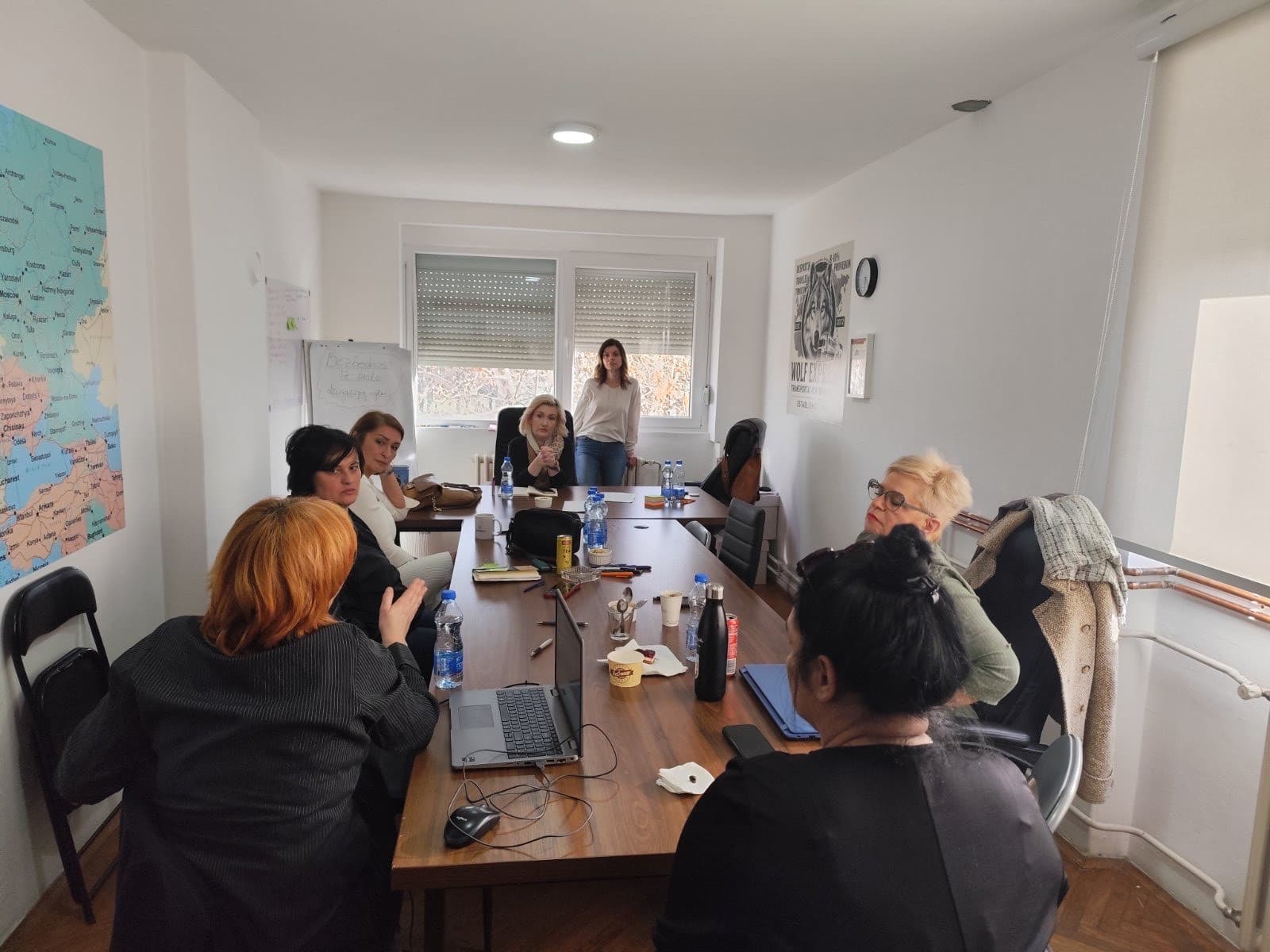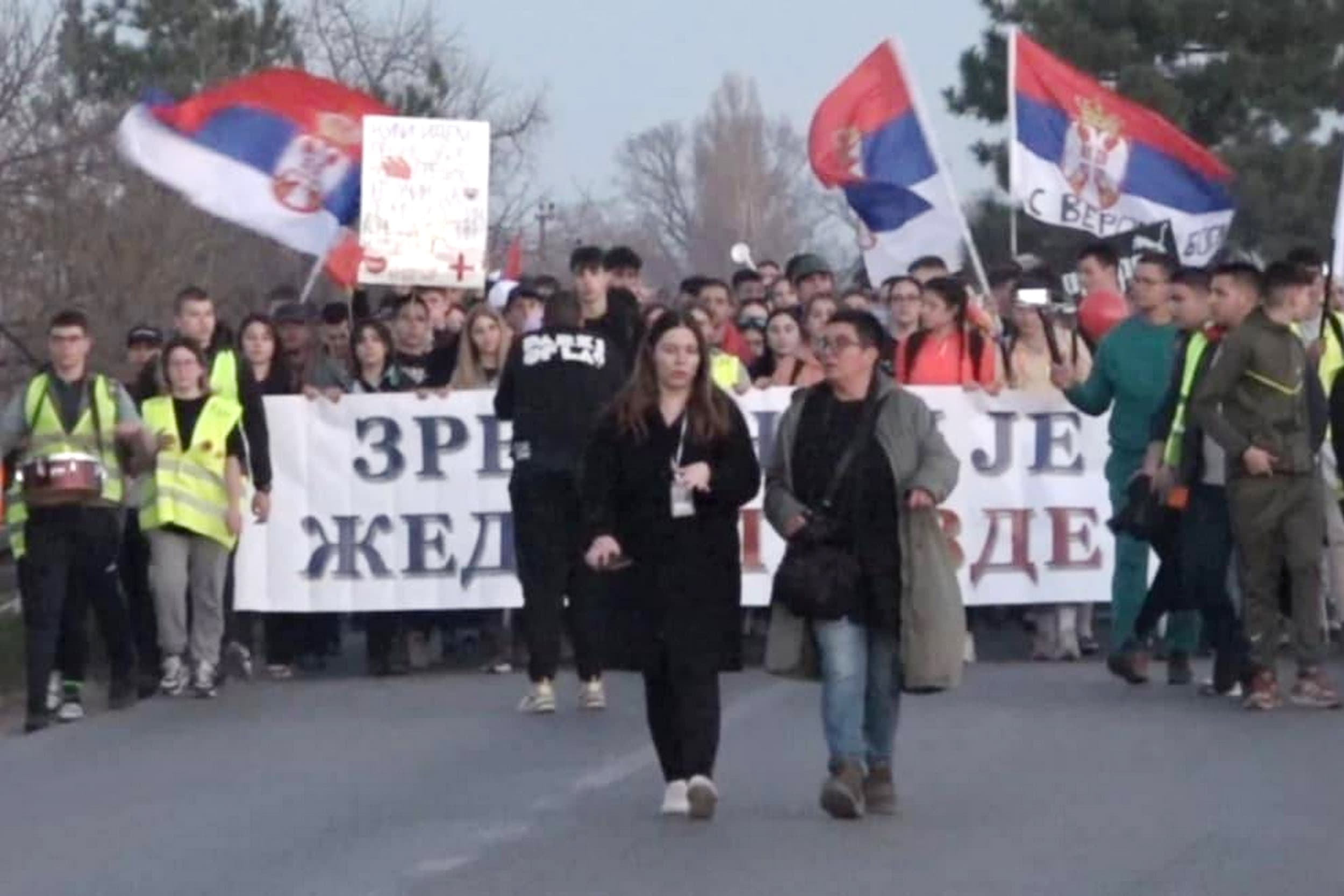Category
Latest News
Threats, Attacks, and Lawsuits: Meeting of the Permanent Working Group for the Safety of Journalists in Inđija
January 29, 2026

The third training session for the safety of female journalists and media workers was held in Inđija.
January 29, 2026

Anatomy of the Suffocation of Media Freedom in Bečej: Between Silence and Verbal Mud
January 29, 2026

Coalition for Media Freedom: Why is the APR media database still not in compliance with the law?
January 28, 2026

The judge prohibited answers regarding Predrag Koluvija's contacts with the journalist for whose article he sued KRIK.
January 28, 2026







